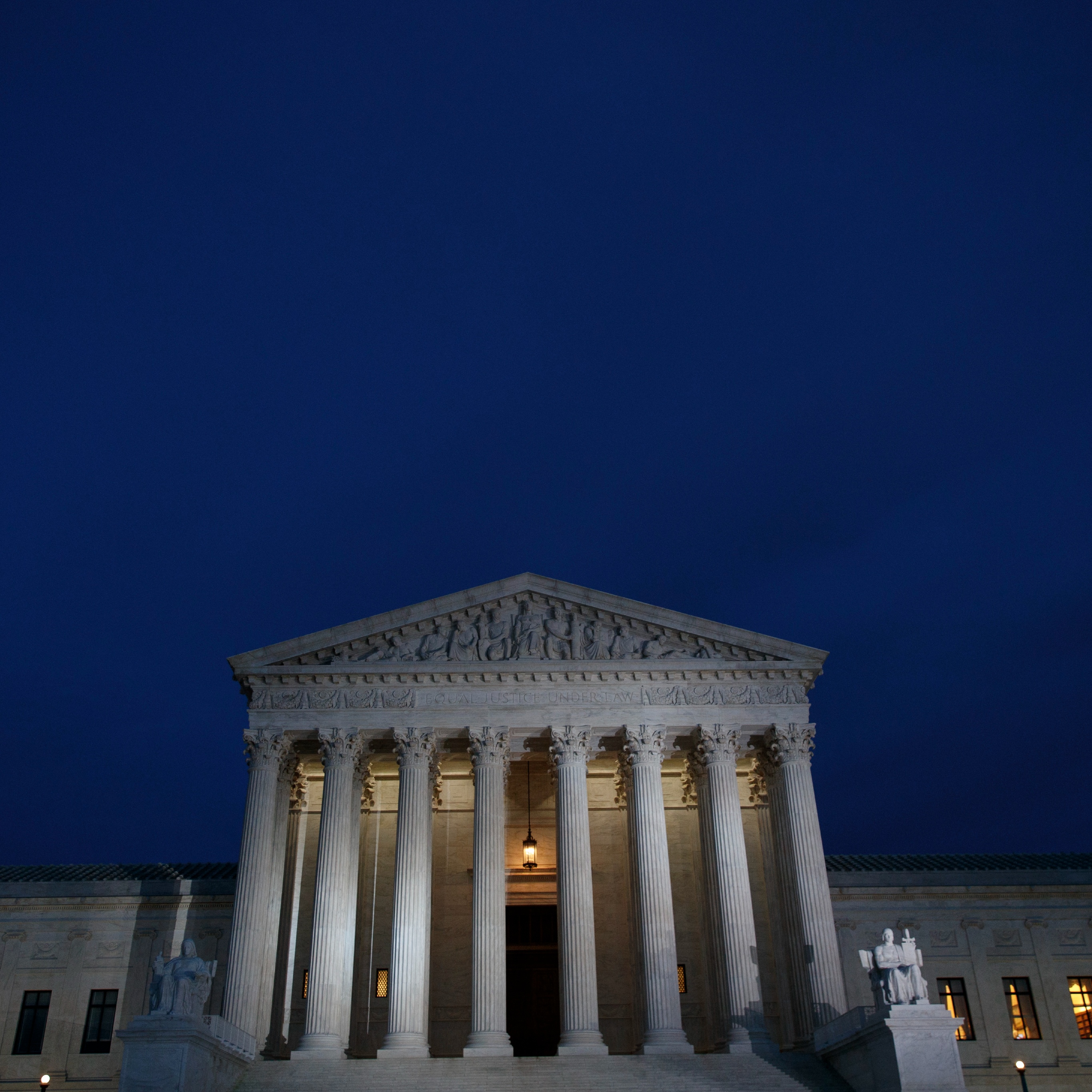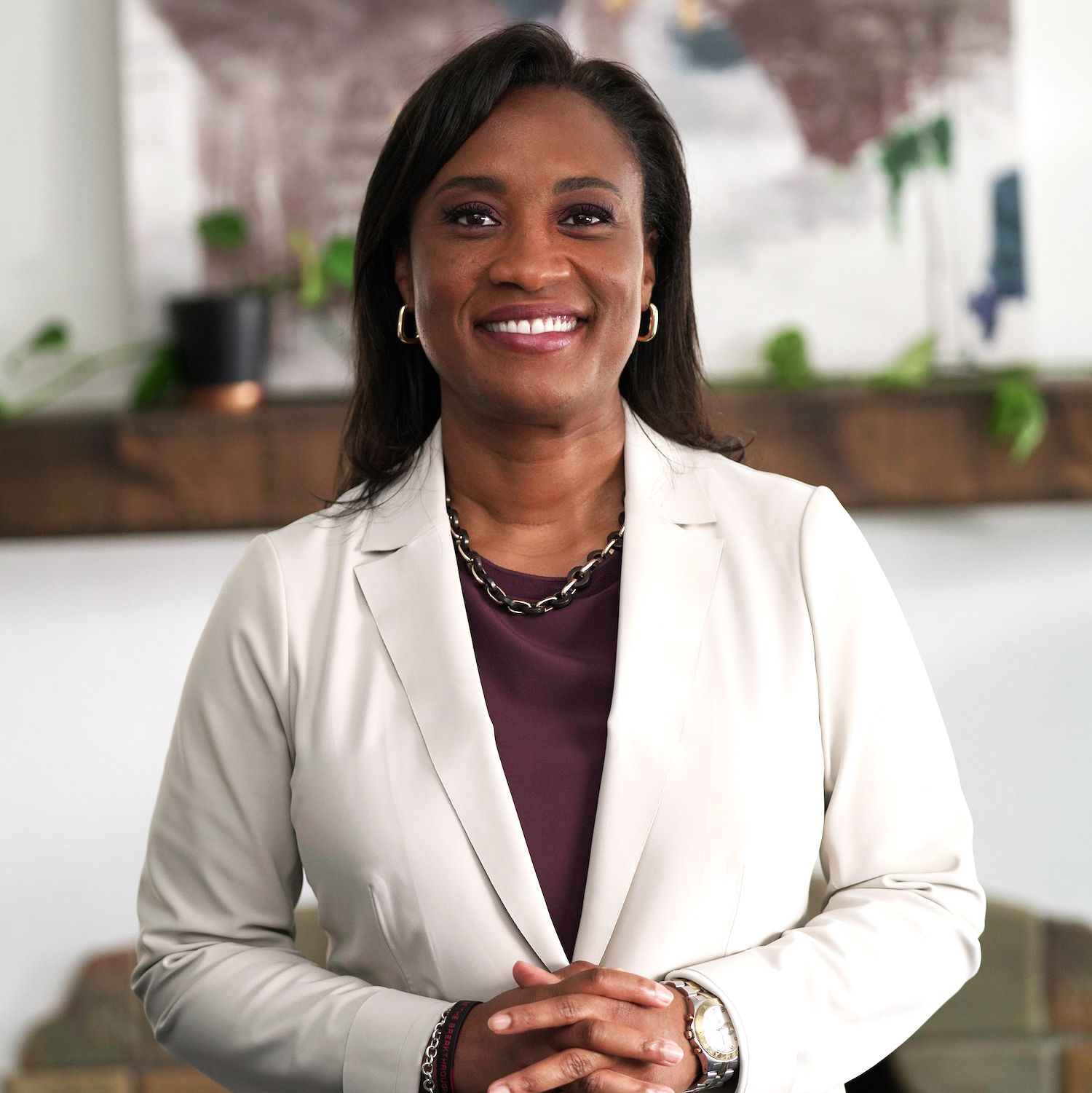Incest and Polygamy
Recently a young woman interviewed me for a paper she was writing on polygamy. One of her first questions involved incestuous marriages. People tend to equate polygamy with incestuous marriage partly because of the widely publicized Kingston cas...

Recently a young woman interviewed me for a paper she was writing on polygamy. One of her first questions involved incestuous marriages. People tend to equate polygamy with incestuous marriage partly because of the widely publicized Kingston case, when a sixteen-year-old girl protested being forced to marry her uncle. But not all polygamous groups condone incestuous marriages. In my father's religious group (which later became the Apostolic United Brethren, or AUB) any sort of incest was taboo, as it is in most cultures. As a doctor, my father knew the hazards of genetic coupling and he wouldn't support the marriage of second cousins, let alone closer relatives. As the attending physician in many fundamentalist communities, he had witnessed horrific births when polygamous people ignored this taboo, where children came into the world with severe and heart-wrenching deformities. Despite his lectures and strong advice, many patriarchs stubbornly continued the practice.
Now that two of the men arrested in Texas are charged with marrying underage girls who were also relatives, the question rises again: Why do polygamists figure they are exempt from the ancient and scientifically-sustained taboo against marrying and bearing children with members of one's own family? The answer has to do with the same entitlement that accompanies polygamy in general: a belief in eugenic breeding. In these circumstances, eugenic breeding is rooted in the idea that people who are "called to live the Principle of Plural Marriage" are somehow superior to other members of the human race: more intelligent, better looking, physically superior, etc. If the idea seems familiar, look to Germany during the Holocaust. Eugenic breeding was used to justify the murder of millions among of mental patients, political activists, retarded people, and various ethnic groups, including gypsies and Jews so that the "Aryan race" could retain its "purity."
As for me, I think people who go to such lengths to justify their "superiority" are covering deep-seated fears of inferiority. What do you think?
Stay In The Know
Get exclusive access to fashion and beauty trends, hot-off-the-press celebrity news, and more.
-
 Kate Middleton Broke Tradition With Prince Louis's Adorable 7th Birthday Photo and Video
Kate Middleton Broke Tradition With Prince Louis's Adorable 7th Birthday Photo and VideoThe Princess of Wales is switching up the way she marks birthdays.
By Kristin Contino
-
 Florence Pugh Takes the Pointe Shoe Trend Center Stage
Florence Pugh Takes the Pointe Shoe Trend Center StageShe's so back.
By Kelsey Stiegman
-
 These Affordable Sneakers Have Won Over Nearly Every Stylish A-Lister
These Affordable Sneakers Have Won Over Nearly Every Stylish A-ListerGet the A-list look for less.
By Brooke Knappenberger
-
 36 Ways Women Still Aren't Equal to Men
36 Ways Women Still Aren't Equal to MenFeatures It's just one of the many ways women still aren't equal to men.
By Brooke Knappenberger
-
 Justice Clarence Thomas: LGBTQ+ Rights and Contraception Are Next
Justice Clarence Thomas: LGBTQ+ Rights and Contraception Are Next"We should reconsider all of the Court's substantive due process precedents..."
By Jenny Hollander
-
 Today, on Human Rights Day, the U.S. Must Abolish Child Marriage
Today, on Human Rights Day, the U.S. Must Abolish Child MarriageIn all but six states, American adults can marry people aged 17 and younger.
By Saryn Chorney
-
 EMILY's List President Laphonza Butler Has Big Plans for the Organization
EMILY's List President Laphonza Butler Has Big Plans for the OrganizationUnder Butler's leadership, the largest resource for women in politics aims to expand Black political power and become more accessible for candidates across the nation.
By Rachel Epstein
-
 Want to Fight for Abortion Rights in Texas? Raise Your Voice to State Legislators
Want to Fight for Abortion Rights in Texas? Raise Your Voice to State LegislatorsEmily Cain, executive director of EMILY's List and and former Minority Leader in Maine, says that to stop the assault on reproductive rights, we need to start demanding more from our state legislatures.
By Emily Cain
-
 Your Abortion Questions, Answered
Your Abortion Questions, AnsweredHere, MC debunks common abortion myths you may be increasingly hearing since Texas' near-total abortion ban went into effect.
By Rachel Epstein
-
 The Future of Afghan Women and Girls Depends on What We Do Next
The Future of Afghan Women and Girls Depends on What We Do NextBetween the U.S. occupation and the Taliban, supporting resettlement for Afghan women and vulnerable individuals is long overdue.
By Rona Akbari
-
 How to Help Afghanistan Refugees and Those Who Need Aid
How to Help Afghanistan Refugees and Those Who Need AidHow To With the situation rapidly evolving, organizations are desperate for help.
By Katherine J. Igoe